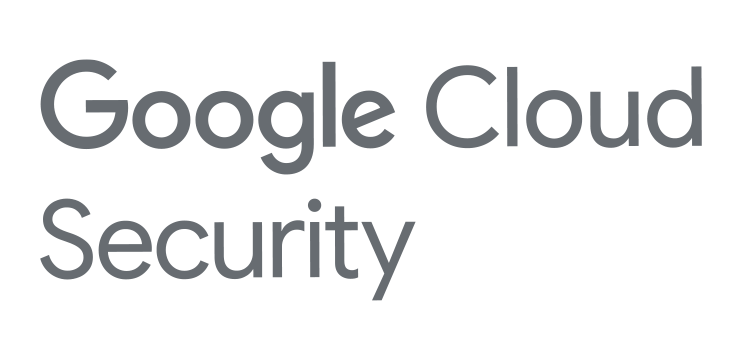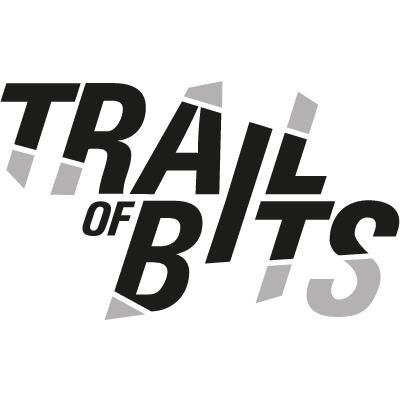Risky Business Podcast
February 23, 2022
Risky Business #655 -- USG: Expect Russian cyber drama
Presented by

CEO and Publisher

Technology Editor
On this week’s show Patrick Gray and Adam Boileau discuss the week’s security news, including:
- Ukraine sanctions may lead to Russia going “cyber feral”
- Brian Krebs links Red Cross breach to Iranian actor
- APT10 uses cred stuffing as misdirection
- Report: Global logistics behemoth Expeditors ransomwared
- NFT thefts still hilarious
- Inside the epic KlaySwap hack
- Much, much more
In this week’s sponsor interview Thinkst Canary’s Marco Slaviero talks about some work they’ve done on introducing a “Safety Net” against AWS token enumeration edge cases. That’s a very interesting interview.


Brought to you by Thinkst
Know. When it Matters!









